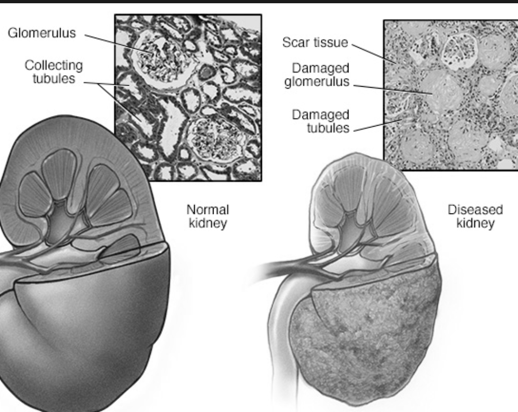Some widely prescribed medicines used by tens of millions of people to control blood pressure and other chronic conditions are suspected to increase the risk of cancer.
In a meta-analysis of more than 60,000 patients randomly assigned to take angiotensin-receptor blockers (ARBs) or a control medication, University Hospitals Case Medical Center cardiologists found that those taking the ARBs had “a modest but statistically significant eight to 11 percent increase risk of new cancer” compared to the control patients.
ARBs is a class a drugs not only used for high blood pressure but also for heart failure, cardiovascular risk reduction and diabetic kidney disease and includes the drugs Valsartan (Diovan), Losartan (Cozaar), Telmisartan (Micardis) and Atacand.
Dr. Ilke Sipahi, associate director of heart failure and transplantation and assistant professor at Case Western Reserve University School of Medicine in Cleveland, Ohio said the study concluded, “most importantly, risk of lung cancer was increased by 25 percent.”
The research did not establish any link between ARBs and other cancers, such as breast cancer nor did it find an increase in the risk of dying from cancer, perhaps because the follow-up in the trials was too short, Sipahi said online in the medical journal The Lancet.
“This is the first time an association between ARBs and cancer development is suggested," Sipahi said. “While our findings are robust, they need to be replicated in other studies before they can be considered as definitive.”
The findings are “disturbing and provocative” and raise important safety issues for doctors and regulators, argued Dr. Steven Nissen, of the Cleveland Clinic, in accompanying Comment article in the journal.
Nissen said regulators should immediately review the possible association and "promptly report" what they find. In the meantime, he added, doctors should use the drugs with caution, perhaps prescribing angiotensin-converting enzyme inhibitors instead.
However, other experts challenge the findings, saying the study was flawed. Many said they feared that publicity would lead to patients stopping what are very often life-saving medications.
The study comes only days after the U.S. Food and Drug Administration (FDA) said it was conducting a safety review from two phase-3 clinical trials unrelated to the newly-published Case Medical Centers study, in which patients with type 2 diabetes taking the ARB blood pressure drug olmesartan, (Benicar) had a higher rate of death from a cardiovascular causes compared to patients taking a placebo.
The safety announcement issued this week said that the FDA's review is “ongoing, and the agency has not concluded that Benicar increases the risk of death. FDA currently believes that the benefits of Benicar in patients with high blood pressure continue to outweigh its potential risks.”
Sources: The Lancet Oncology, Early Online Publication, 14 June 2010.
doi:10.1016/S1470-2045(10)70106-6.
Food and Drug Administration. FDA drug safety communication: Ongoing safety review of Benicar and cardiovascular events. June 11, 2010.
Lynette Summerill is an award-winning writer who lives in Scottsdale,Arizona. In addition to writing about cancer-related issues, she writes a blog, Nonsmoking Nation, which follows global tobacco news and events.





Add a Comment1 Comments
This is rather disturbing news, and should serve as a point of caution to anyone considering going on these medications. However, there is good news for people suffering from high blood pressure. A healthy diet, reducing stress, and getting regular exercise can all lower blood pressure.
I also want to point to a beverage that has been scientifically shown to lower blood pressure: hibiscus tea. Clinical trials have not only shown that hibiscus can significantly lower blood pressure, but they have even compared it to a number of prescription drugs. Furthermore, hibiscus tea has been consumed safely as a beverage for hundreds of years, in a variety of cultures, from Asia to the middle east to Latin America, and it is completely without the strong side effects and health risks associated with these synthetic blood-pressure-lowering medications. And, not least importantly, hibiscus is very inexpensive--much less costly than any of these prescription medications.
It seems outright crazy that doctors would prescribe these medications given that there are so many safe, natural alternatives available.
November 15, 2010 - 1:05pmThis Comment